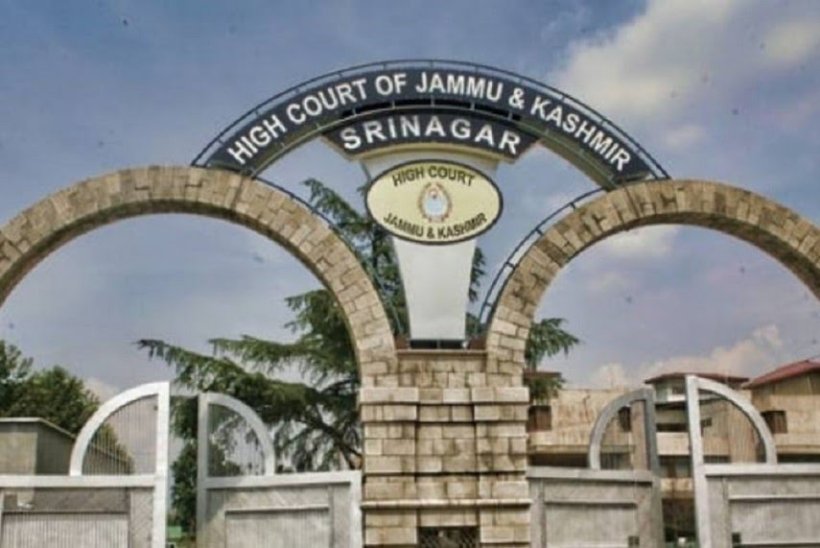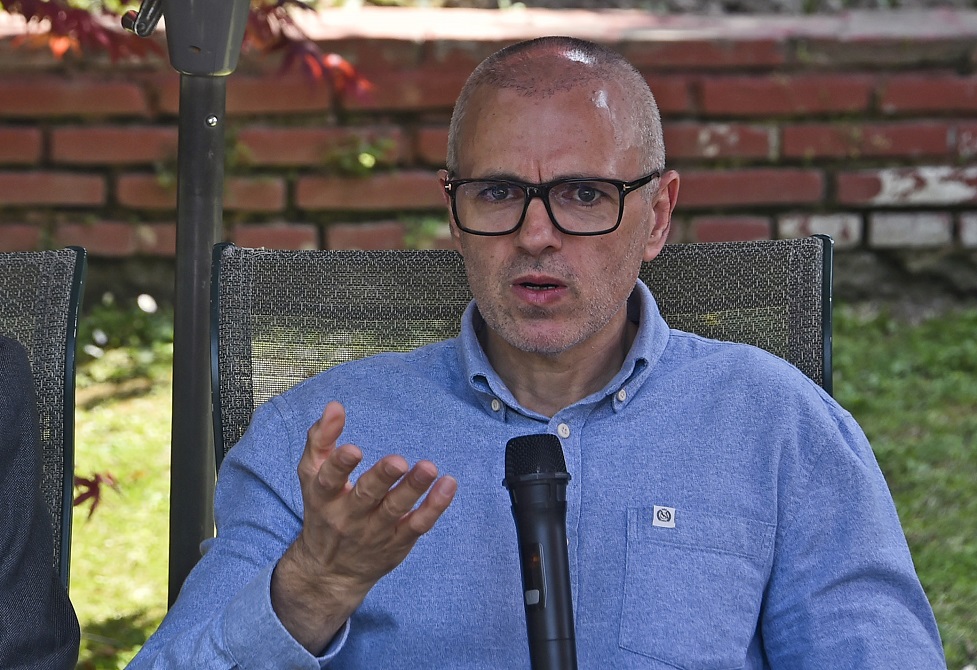Case Could Set Crucial Precedent for Legislative Powers Under Reorganisation Act
By: Javid Amin | 14 Aug 2025
The Jammu & Kashmir High Court on Wednesday fixed September 26, 2025 as the next date of hearing in a high-profile constitutional challenge to the Lieutenant Governor’s nomination of five MLAs to the newly constituted J&K Legislative Assembly.
The petition — filed by senior Congress leader Ravinder Sharma — questions both the constitutional validity and the procedural propriety of the nominations, which the Union Home Ministry insists are permitted under the Jammu & Kashmir Reorganisation Act, 2019.
Core Issue: Can the LG Nominate MLAs Without Cabinet Advice?
At the heart of Sharma’s petition are two central arguments:
-
Exceeding Sanctioned Strength —
The J&K Assembly has a sanctioned strength of 114 seats:-
90 elected from within the Union Territory
-
24 reserved for representatives from Pakistan-occupied Jammu & Kashmir (PoJK), which remain vacant
Sharma argues that adding five nominated members on top of this figure violates the statutory limit.
-
-
Democratic Norm Violation —
The nominations, Sharma contends, were made without the aid and advice of an elected council of ministers — something that strikes at the principles of parliamentary democracy.
He warns that such discretionary appointments could shift legislative power balances — turning a minority into a majority or vice versa — thereby impacting governance and potentially undermining the basic structure of the Constitution.
Legal Firepower on Both Sides
-
Petitioner’s Counsel:
Dr. Abhishek Manu Singhvi, senior Supreme Court advocate and veteran parliamentarian, is representing Sharma. Singhvi is expected to argue that the Reorganisation Act must be read in harmony with democratic norms and constitutional principles, not in isolation. -
Centre’s Defence:
The Union Home Ministry has maintained that the LG’s actions are fully backed by the J&K Reorganisation Act and that the provision to nominate MLAs exists irrespective of whether a Council of Ministers is in place.
What Happens Next
The Division Bench of Justices Sanjeev Kumar and Rajesh Sekhri has granted Sharma time to file a rejoinder to the Centre’s affidavit. The matter will next be taken up on September 26, 2025.
Legal experts say the case’s outcome could have long-term consequences for:
-
The scope of LG powers in Union Territories with legislatures
-
The balance between statutory provisions and constitutional principles
-
The legislative autonomy of J&K in its post-Article 370 framework
Broader Political Context
The case comes at a time when J&K’s political future is already under the Supreme Court’s lens in a separate petition on restoring statehood. With both cases questioning the Centre’s role in shaping J&K’s democratic structure, the intersection of law and politics is becoming increasingly pronounced.
Sharma’s challenge also mirrors concerns raised by other opposition leaders that key political decisions are being made without elected institutions in place or without their consent — an argument that resonates with Sajad Lone’s recent call for an Assembly resolution on statehood.



